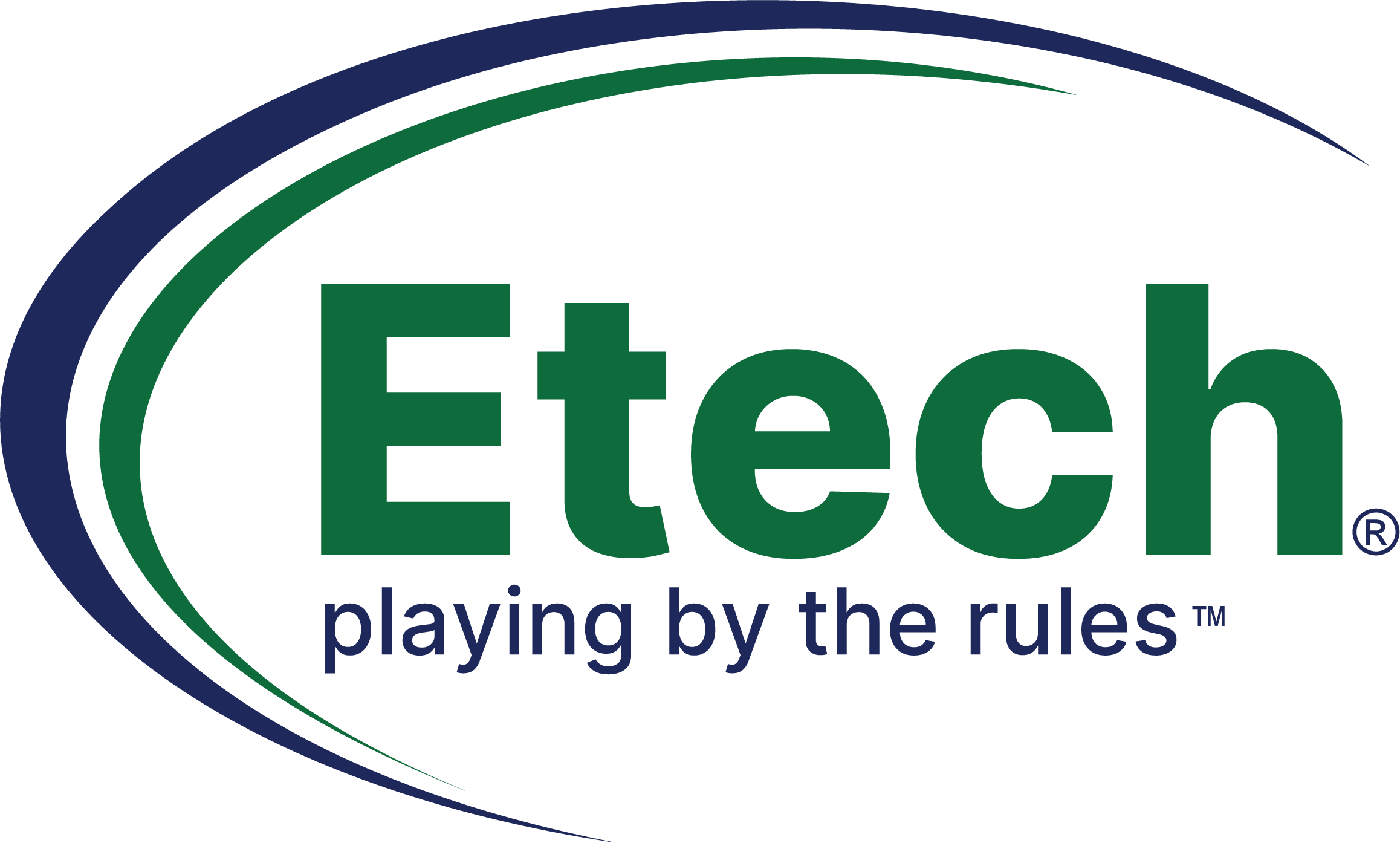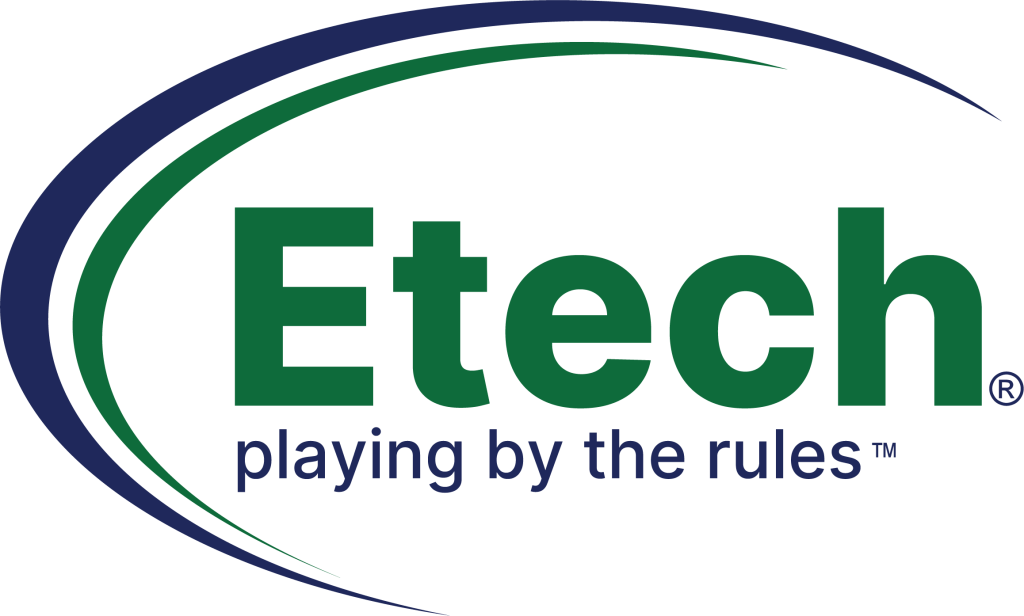Improve your Growth Potential by Improving your Coachability

Think about some of the biggest victories you’ve had personally or professionally. Graduating from college, paying off a big loan, or getting that promotion you longed for, are all great examples. As you reflect on these special moments in your life remember the time and effort they took to achieve and who helped you along the way to make your goal a reality. Whether it’s a personal win or a professional victory, there are likely a few fundamental similarities. The bigger the accomplishment, the greater the sense of achievement and the grander the investment of time, effort, money or perhaps all of the above. Each of these wins required personal commitment, effort over time, and support and guidance along the way.
Just as every great athlete has a coach to help them hone and improve their skills, we too can benefit from having a professional coach to support our growth and help us on our journey to achieve our goals. Most coaching will come from a direct supervisor although the role of coach can often be played by others, such as peers, trainers, and mentors. What does not change is the effort we must put in, to make the coaching a success.
We have learned about coaching on several occasions but mostly from the coach’s perspective. When it comes to coaching effectiveness, it’s a two-way street. The coach and their ability to provide feedback for improvement is important. Equally critical is our decision to receive the feedback and do the work to make the improvements. The best coaching in the world won’t help us unless we have a willingness to learn and ultimately follow through on the feedback by listening, practicing, and implementing the feedback consistently.
Are you ready to be coached? How can you ensure the coaching sessions are successful? Below are 4 tips to help you in this journey.
1. Be Willing to Get Coached
A willing heart is essential during coaching and greatly affects the outcome of it. Coaching aimed at solutions rather than problems, paired with a willing heart, makes all the difference.
What does a willing heart mean in a real sense?
It is when you can accept constructive criticism and direction from someone and become flexible enough to leverage it to improve, resulting in a benefit for you, your customer, team &/or company. As you progress this will undoubtedly help you in your current role and may even support your career growth goals. Being teachable is an attribute commonly sought after by hiring managers.
If you don’t have a willing heart the process can end up being an uphill battle that will likely lead to little or no improvement in performance, frustration, resentment and poor customer and job satisfaction. Conversely, the better we become at things, the more enjoyable they become. With enough practice we may even find ourselves in a position to add value to others by teaching them what we’ve learned.
“Where the heart is willing, it will find a thousand ways: where it is unwilling, it will find a thousand excuses,” said Arlen Price.
2. Remain Committed
Progress doesn’t come without commitment. If you feel criticized, it can be easy to give up, unless you are truly committed to growth and achieving whatever goals you have set for yourself. To be thoroughly committed means believing what you do is important to your success and the greater good of those around you. Remember why you started down this path to begin with, what is in your control, and know your ability to follow through on what you set out to do. All these things can help you remain committed to the process. You are important in terms of your identity and what you do. Your coach can’t make you commit to the process; it must come from within you.
To allow yourself to have sufficient psychological and material resources so that you can achieve your career goals you must self-commit. If you don’t, you will sabotage yourself with all sorts of excuses and negative self-talk. If you truly commit to the coaching process, a successful outcome is inevitable.
“Nothing will work unless you do.” John Wooden
“Hard work beats talent, when talent doesn’t work hard.” Tim Notke
3. Be Solution Focused
When there is a trying situation at work, how do you respond to it? Do you meet it head-on and get a solution, or do you make excuses to rationalize? To have a solution focus is nothing more than your ability to control your emotional responses when there is pressure and focus on what is in control to have a positive impact on solving the problem.
Let’s discuss an example.
You are an account manager, and you end up losing a major account from one of your company’s most valuable customers. This huge loss will result in questions from your leadership team. Your immediate leader will ask for a meeting where you both can discuss what went wrong, how that customer could possibly be brought back, and how the company can improve so there is not a future repeat of the same mistake.
Tough questions will be asked. Think of this as a practical coaching session. When you are solution focused, you will be able to pull yourself together, recall the interactions you had with the customer and what led them to this decision. Through this exercise you can come up with some practical solutions to rectify the problem, potentially win the client back, improve your services, and prevent a similar situation in the future with this customer as well as others.
If you get stuck focusing on what is out of control, or making excuses (rationalizing the situation), you will limit your future potential to prevent the same problem from happening again. Don’t do it. Think about what can be learned from your current situation. Answer the tough questions, make adjustments and fail forward. This is where real growth happens.
4. Be Accountable
It’s important to take full accountability for your actions and reactions. Remember when you are being coached at work, it is more about guiding you in the right direction and helping you see how to improve yourself to have favorable outcomes. In order to grow you must acknowledge mistakes and understand the value of improvement. Whether you are an athlete, a student, or on the job, having discipline and being willing to practice implementing feedback is essential.
It’s important to be humble and take full accountability. Your coach will help you highlight your opportunities for improvement, practice alternate methods, and give you room to implement all while giving you ongoing feedback. Coaches will affirm successes in your implementation and also identify areas that may need better execution. This will be an ongoing process. Rinse and repeat. Once you have demonstrated successful behaviors through practice, it is your responsibility to commit to implementing the feedback with consistency to take your skills to the next level.
At the core, if you have a willing heart to learn, you are committed, solution focused, and take accountability for your actions you will have all the main ingredients needed to achieve positive coaching outcomes.
Be coachable…and take control of your success!


